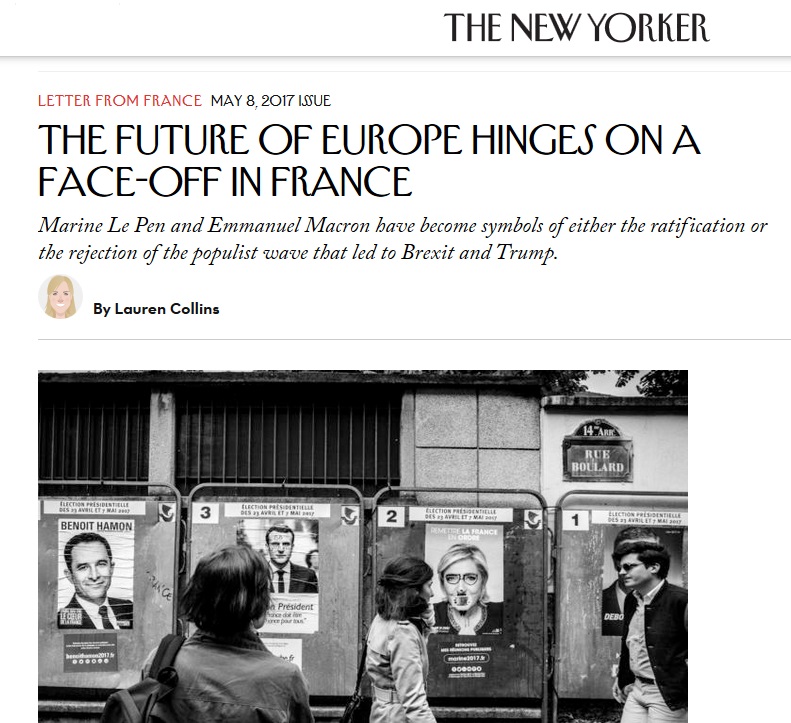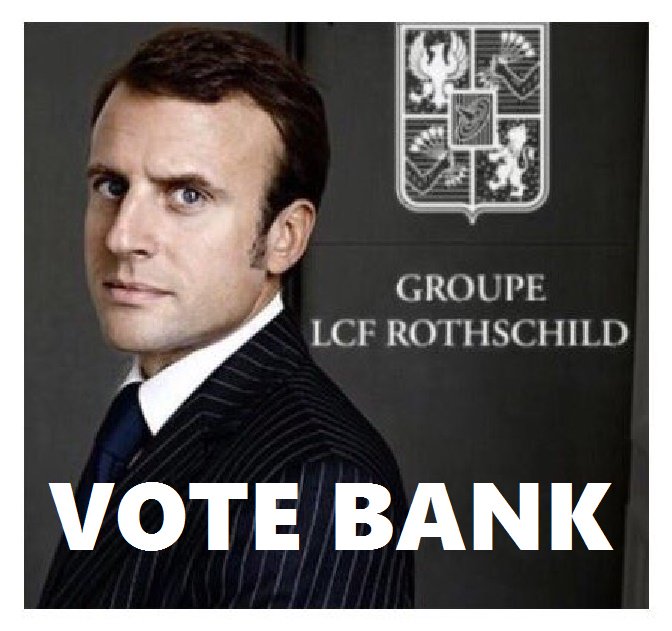
I think it’s a damn shame that Marine Le Pen so obviously could be the next Joan of Arc if French voters could think for themselves. She was the only one who would even try to save France from the immigrant invasion Europe seems so determined to inflict upon itself no matter what the price such liberal multiculturalism costs. But the French won’t acknowledge the threat, despite the elephant in the room.
As summarized in the awesome 10-second clip below:
[youtube https://www.youtube.com/watch?v=D6H0cjIN4gw?start=104&end=115&w=854&h=480]
Despite all the increases in crime, social welfare spending, and terrorism linked to the huge migrant influx, Europe’s liberals are determined to allow themselves to be slowly boiled without reacting, like the proverbial frog in the pot. Emmanuel Macron stands for little more than Rothschild banking interests. But he won anyway. As the 16th century French prophet Nostradamus warned over 450 years ago: French neglect and negligence will lead to the nation’s ruin, and Islamic invasion, in the early 21st century.

This article by Lauren Collins is from The New Yorker, found in full HERE
“On the evening of April 20th, nearly a quarter of France’s television-watching public was tuned in to a special called “15 Minutes pour Convaincre.” Its format was simple: each of eleven Presidential candidates would appear and speak for fifteen minutes, making a final pitch to the electorate—a full third of whom, according to analysts, remained undecided, just days before the first of two rounds of voting. The hosts asked each candidate to present an object that, if elected, he’d keep in his office at the Élysée. Jean-Luc Mélenchon (who had created his own far-left movement, La France Insoumise) chose an alarm clock, “to tell me that it’s time to redistribute the wealth.” Nathalie Arthaud (Lutte Ouvrière) brandished a photograph of Tommie Smith and John Carlos raising gloved fists at the 1968 Olympics. Marine Le Pen (representing the extreme-right Front National) came with a key, saying that she wanted to give French people their house back. Nicolas Dupont-Aignan (Debout la France) brought a wire sculpture that a handicapped child had given him, and then whipped out his cell phone and began reading a series of text messages from a “big media boss” who, he said, had tried to bully him into dropping out of the race.
It was around this time that viewers, fiddling with their own devices, began to receive notifications about some sort of shooting on the Champs-Élysées. One of the hosts interrupted the broadcast to announce that a possible terrorist attack had taken place. Then he introduced Philippe Poutou (Nouveau Parti Anticapitaliste), a trade unionist who’d made an impression at the previous debate by showing up in a long-sleeved T-shirt and mercilessly dinging his better-known opponents. Without saying a word about the attack, Poutou launched into his show-and-tell session. “This is green for the richness of the soil of the Amazon forest,” he said, unfurling a miniature flag—an homage, he said, to French Guiana, where crowds had been in the streets for weeks protesting mistreatment by the mainland government.
When Emmanuel Macron (the founder of the centrist movement En Marche!) came out, he said he’d picked his childhood grammar book but had left it in the greenroom, given the gravity of the moment. “The first duty of the President is to protect,” he asserted. Later, François Fillon (the candidate of the center-right Les Républicains), declaring that he wasn’t “a fetishist,” dodged the whole exercise, and, not to be outdone by Macron, announced that he was cancelling the next day’s campaign events.
By late April, French Presidential campaigns have usually settled into a simple duel between the two main parties, the Socialists and the Republicans, but this race was a free-for-all. According to polls, four candidates—Mélenchon, Macron, Fillon, and Le Pen—all had a viable shot at progressing to the two-person runoff, to be held on May 7th. Mélenchon wanted a nationalist economy but a globalist identity, Macron wanted a globalist economy and a globalist identity, Fillon wanted a globalist economy but a nationalist identity, and Le Pen wanted a nationalist economy and a nationalist identity. The world was looking to the French election as either a ratification or a rejection of the populist surge that had led to Brexit and Trump. The balance of power among America, Europe, and Russia was also at stake. With four candidates hovering somewhere in the vicinity of twenty per cent, the permutations of possible matchups and outcomes were almost too complicated to contemplate.
This was clearly a “change election”—or, to hear it from French voters, a race in which they’d been presented with a dog’s dinner of choices, leaving them so enraged that they could hardly see straight, much less render their vote a coherent expression of their fears and aspirations. No matter how they leaned, their first words, when asked to comment on la présidentielle, were more often than not “J’en ai marre,” or “I’m fed up.” The political analyst Brice Teinturier believed that the disappointing administrations of the two previous Presidents had led to the rise of a powerful group of voters, whom he christened the PRAF Party. The acronym stood for “plus rien à faire, plus rien à foutre”—nothing more to do, nothing more to give a damn about. One day, I got to talking with the proprietor of an antique shop, who said, “You want to start another French Revolution of 1789 and cut off all their heads.”
